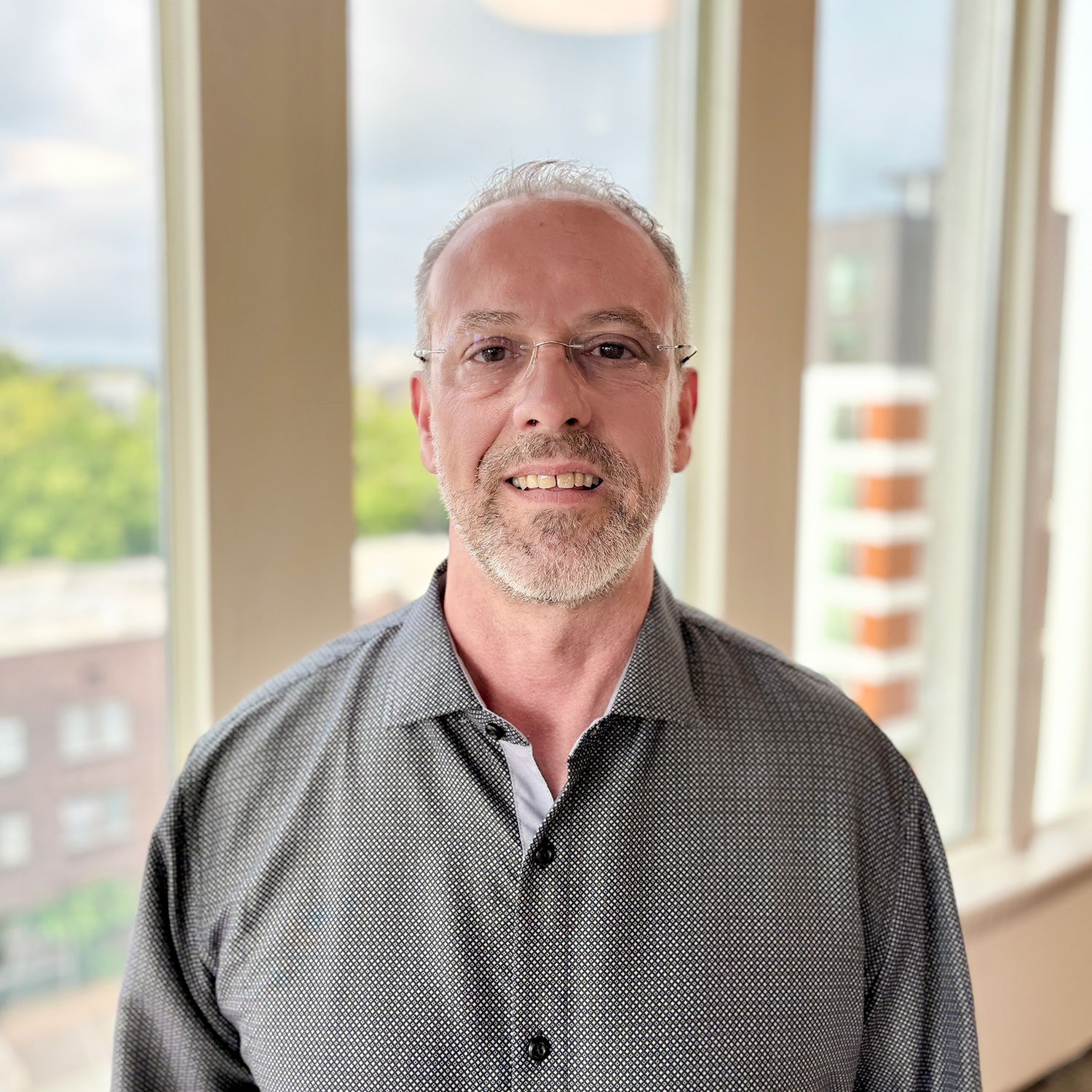Paul Studley

Relentless Ally
Almost every American can recall with remarkable clarity exactly where they were when two planes ripped through a brilliant September sky. Sixteen years later, Paul Studley’s memories are more vivid than most. The New York native was working in Midtown Manhattan on that fateful day and watched in horror as that same sky was engulfed by billowing black smoke and raging flames.
But Paul also remembers the deep, abiding sense of community he felt once the skies fell silent. The way people banded together to become their brother’s keeper. 9/11 changed us all, and for Paul, that change manifested in a profound passion for safety. At the time, Paul had spent 20 years in the tradeshow industry, overseeing the erection of large-scale exhibits with a variety of equipment including mobile cranes. He was keenly aware of the dangers that can arise when men and machinery mix. Because of 9/11, Paul was even more keenly aware of the fragility of life. In the days forward, he renewed his resolve to protect those under his watch.
It was a passion that eventually followed Paul to Seattle, Washington, where he joined Balfour Beatty’s team in the Northwest, locally known as Howard S. Wright. Before the cross-country move, Paul had left the tradeshow business to follow in the footsteps of the Studley family profession: vertical construction. His father and older brother were electricians by trade, and a second older brother was an ironworker. But Paul, who’d always had an affinity for high-end finish work, pursued carpentry. It was with this diverse skillset that Paul was dispatched from Seattle’s Union Hall to Howard S. Wright on July 27, 2006—a day that he recalls as life-changing.
“It’s been 11 wonderful years,” beams Paul. “The people inspire me as much as the projects.” It wasn’t long before Paul was hired as a full-time employee in the company’s Special Projects Group, which focuses primarily on interior fit-outs and renovation services. Because these projects are often completed in occupied spaces and during off-peak hours, they present unique safety challenges.
But none Paul isn’t prepared to tackle. Paul’s projects—like the University of Washington Husky Stadium renovation—consistently achieve stellar safety records. In fact, his last two jobs didn’t record a single incident. When asked the secret to his teams’ successes, Paul is eager to discuss the details from pre-task planning to hazard analysis and housekeeping. But the more he speaks, it becomes apparent that this soft-spoken superintendent is able to win the hearts and minds of subcontractor partners because of his sincerity. It’s evident in his practice of introducing himself to each worker with a gloved handshake. It’s evident in the extra effort he takes to educate himself about safety, reading about incidents that occur on other contractors’ jobsites and sharing applicable lessons. It’s evident in the way he compassionately approaches workers who have fallen short of safety requirements.
“If people feel you’re invested in them, they’re more likely to be invested in themselves,” attests Paul, who never hesitates to voice concerns when he spots an unsafe action or behavior. “I don’t feel remorse for telling someone, ‘You’re not doing yourself any justice.’ Because I’d feel a million times worse if I didn’t.” Paul is particularly excited about Balfour Beatty’s newest Zero Harm campaign, “See Something, Say Something,” which aims to encourage open lines of communication about safety.
“Paul embodied ‘See Something, Say Something’ before it was launched,” praises Brian Sorensen, director of safety, health, and environment in Seattle. “He develops cohesive teams in which every person feels like he or she has the ultimate responsibility for safety.”
On 9/11, thousands of ordinary men and women became extraordinary heroes. The same transformation can happen every day on construction sites, where excavators and riggers, and electricians have the power to take bold and courageous actions to protect one another. Paul Studley didn’t become a champion for safety because he covets medals or recognition. Like he’s demonstrated throughout his entire career, Paul genuinely cares about people. Perhaps that’s one of the best legacies of 9/11 and the collective promise made to never forget.